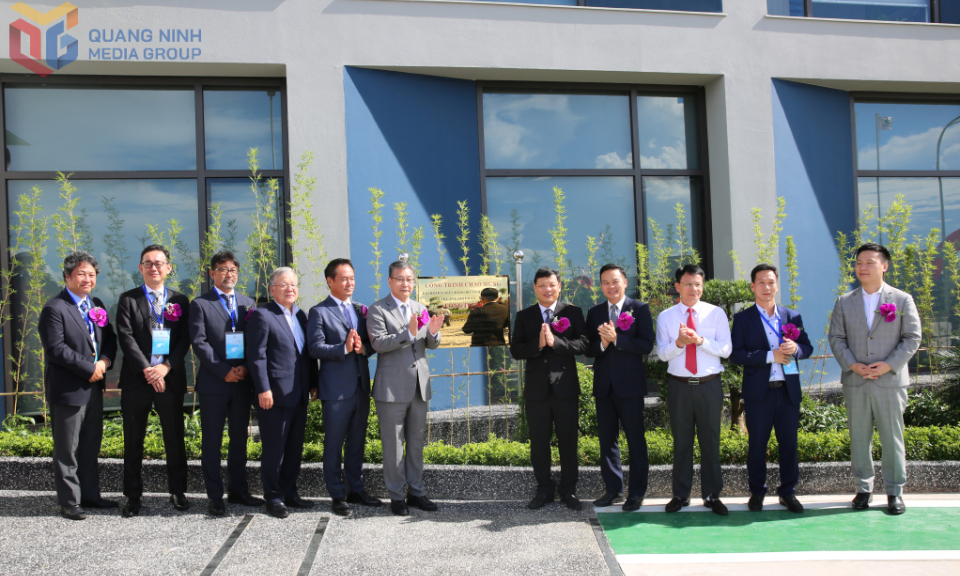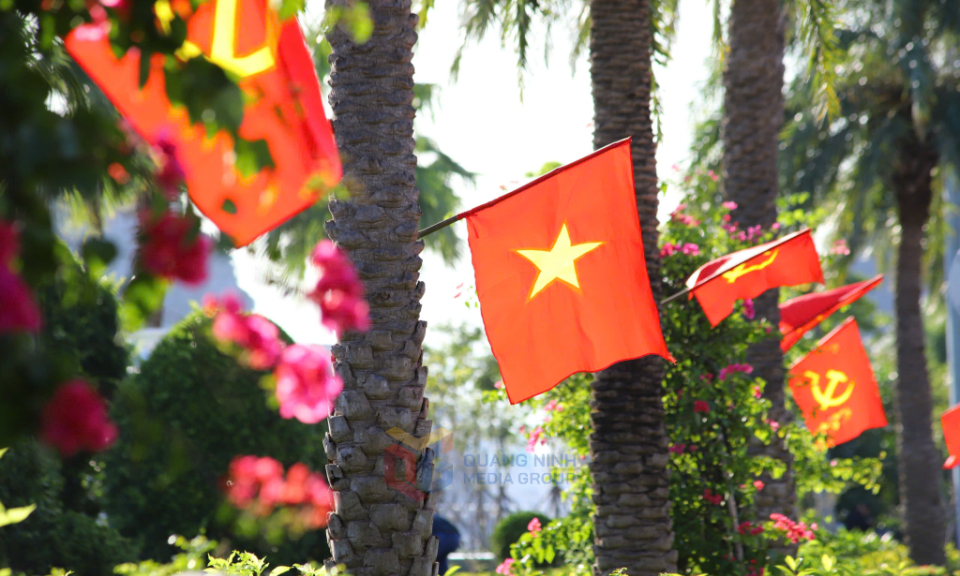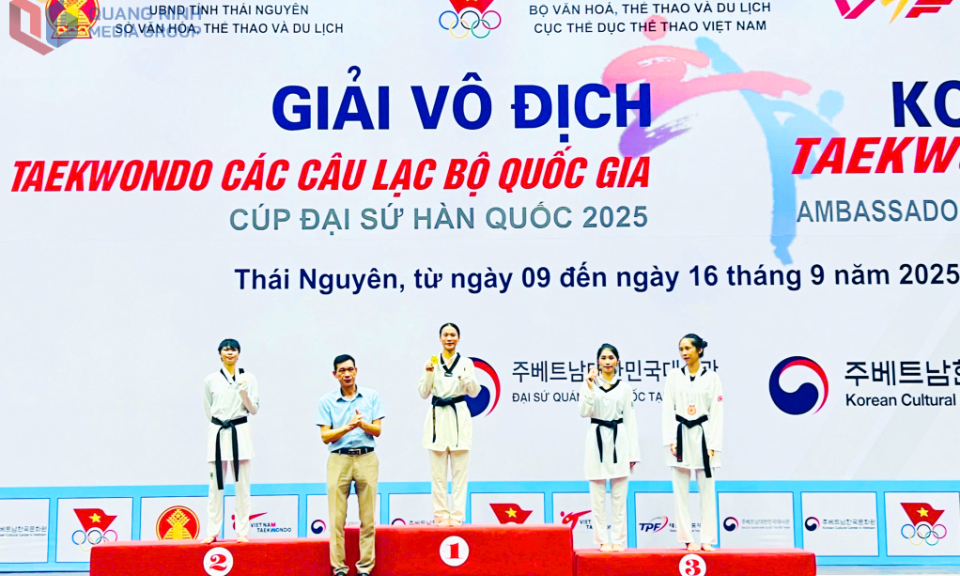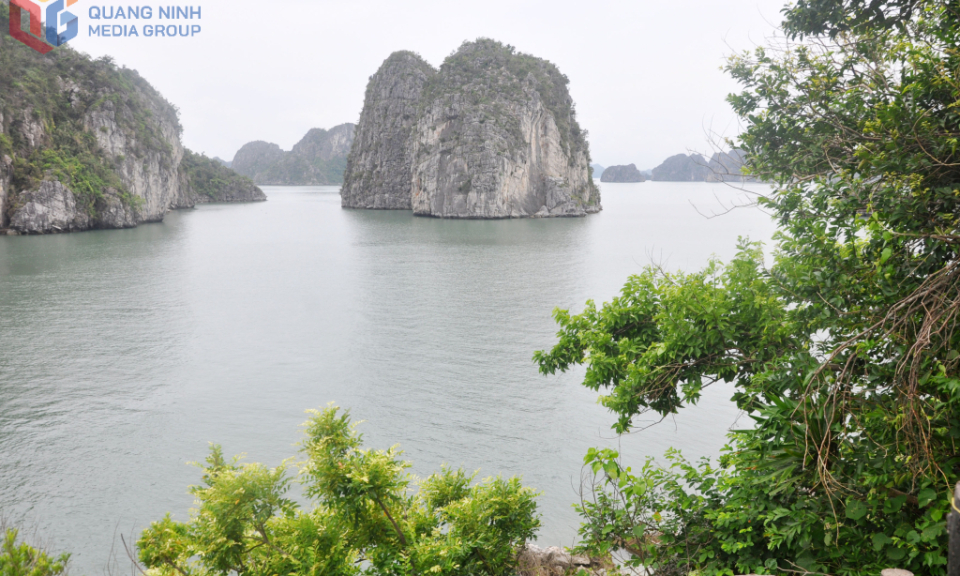Promoting the cultural identity of ethnic minorities
Resolution No. 17-NQ/TU (dated October 30, 2023) of the Provincial Party Committee, titled “On Building and Promoting Cultural Values and Human Strength to Make Quang Ninh an Endogenous Resource and Driving Force for Rapid, Sustainable Development,” sets a clear direction for developing culture on par with economic, political, and social growth. Among its key pillars is the preservation and promotion of ethnic minority cultural identities, which the province has prioritized as part of its comprehensive development strategy.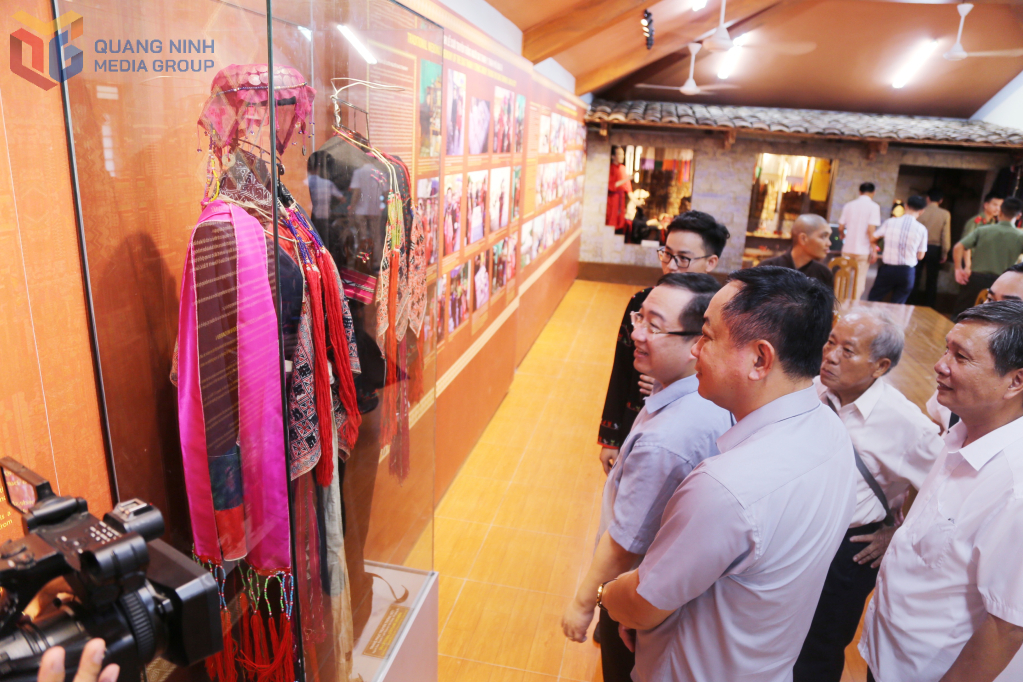
A standout achievement in implementing Resolution No. 17-NQ/TU is the marked shift in awareness among Party committees, authorities, and local people regarding the role of culture. Whereas in the past, preserving ethnic minority culture was often viewed as ceremonial or symbolic, it is now recognized as a core element of human development, strengthening national unity, and shaping each locality’s unique identity.
In 2024, the Dao Thanh Y Cultural Space Exhibition House was inaugurated. With a total investment of 800 million VND, the project recreates five distinctive cultural spaces of the Dao Thanh Y people, featuring bilingual Vietnamese-English captions. These include: a display of traditional male and female costumes; an introduction to the cap sac (coming-of-age) ceremony; a model of a traditional earthen-walled house; a Dao Thanh Y kitchen corner; and various images and artifacts reflecting the community’s daily life and culture.
The exhibition house has become a hub for cultural activities in the Dao Thanh Y community of Thuong Yen Cong commune, playing a vital role in preserving traditional values and supporting community-based tourism. Mr. Trieu Van Loan (Thuong Yen Cong commune) shared: “The cultural house is a gathering place for villagers during festivals, Tet, and important events. We’re proud that it has also become a tourist destination, introducing our unique culture to visitors from across the country and around the world.”
In order to implement Resolution No. 17-NQ/TU, the province has issued a range of special policies for ethnic minority areas, including programs to preserve and promote intangible cultural heritage such as languages, scripts, traditional festivals, folk games, and ethnic music. Notably, ethnic language classes for Dao, Tay, and San Diu are being held in many communes such as Dong Van (Binh Lieu district), Dai Duc (Tien Yen district), and Quang Son (Hai Ha district), providing opportunities for younger generations to deepen their understanding of their roots, nurture ethnic pride, and maintain cultural diversity.
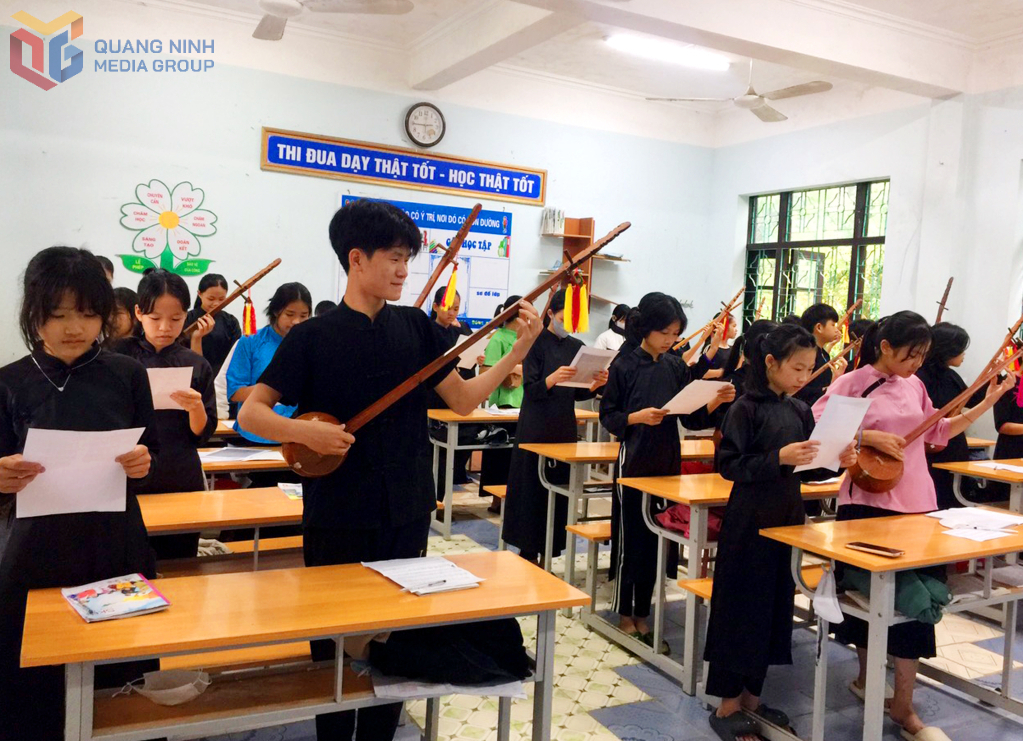
In traditional arts, localities across the province have established folk song and dance clubs in villages and hamlets, regularly organizing competitions and ethnic cultural festivals at district and provincial levels.
Many historical and cultural relics of ethnic minorities, such as communal houses, temples, pagodas, and shrines, have also received investment for restoration and preservation, becoming attractive spiritual and cultural destinations. Notable projects include the Luc Ngan Cultural Area (Tien Yen district), Dao Thanh Y Village (Dong Van commune, Binh Lieu district), and the spiritual-cultural tourism route along the Tien Yen River, all of which are increasingly affirming culture’s pivotal role in the province’s green, sustainable development strategy.
In particular, Quang Ninh has woven ethnic cultural identity into local tourism products. Visitors to Binh Lieu district can not only admire breathtaking natural landscapes such as the “dinosaur spine” trail, Khe Van waterfall, and white camellia forests but also immerse themselves in Dao cultural experiences, including market fairs, the Kieng Gio festival, and traditional wedding and cap sac ceremonies. In Tien Yen district, eco-tourism combined with exploration of Tay and San Diu cultures is also flourishing, drawing thousands of visitors each year.
The “One Commune, One Product” (OCOP) program has further boosted the promotion of local cultural values. Many ethnic-inspired products such as glass noodles, herbal rice wine, and Dao medicinal bath herbs have become well-known brands, widely consumed both within and beyond the province. These not only help improve local livelihoods but also preserve traditional crafts and safeguard precious folk knowledge.
Preserving and promoting ethnic cultural identity is not only the responsibility of authorities at all levels. It is also a right, a source of pride, and a duty for every citizen. When individuals and communities fully appreciate the value of their culture, it becomes an invaluable form of soft power, helping build Quang Ninh into a leading cultural and tourism hub, as envisioned by Resolution No. 17-NQ/TU.

